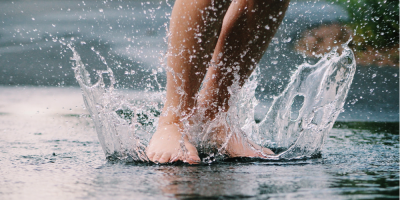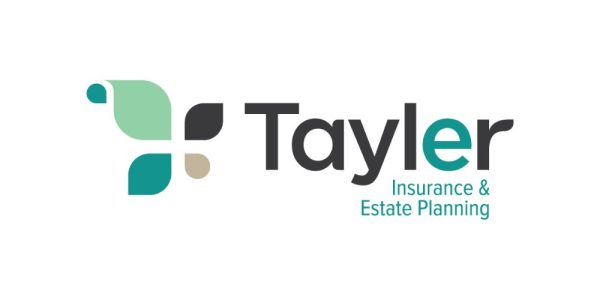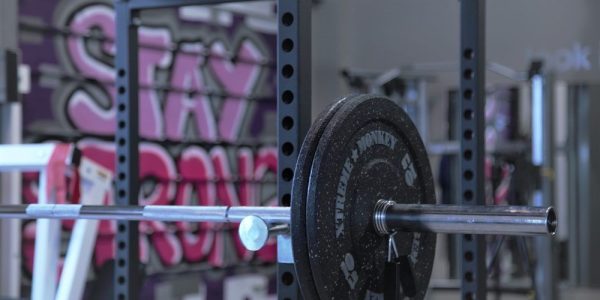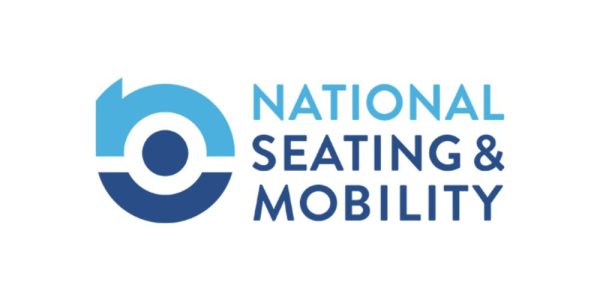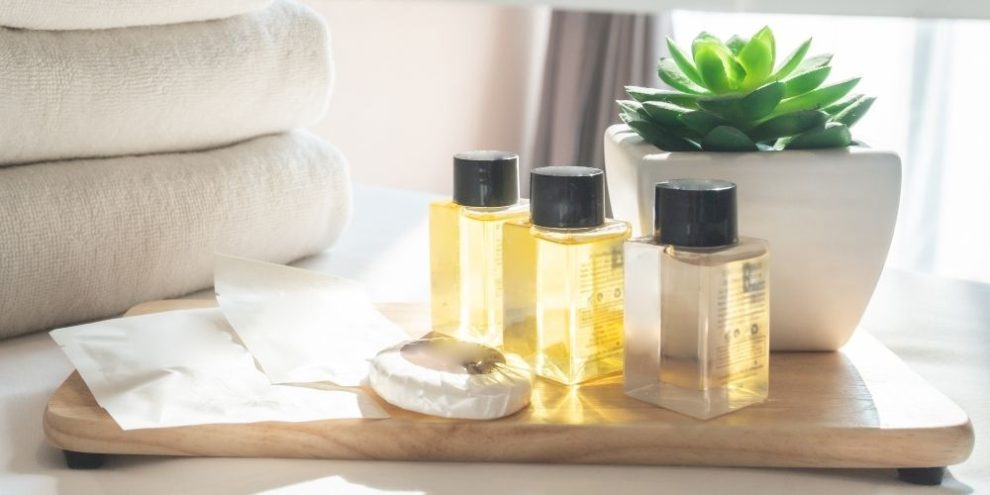
When you stay at a hotel, you most likely use the tiny bars of soap they provide. But chances are, you don’t use the whole thing. While you could take the used bar of soap home with you, you probably don’t.
Multiply this by the number of people leaving used bars of soap behind when they check out and you have a whole lot of half-used soap. In Canada alone, more than 50,000 pounds of hotel soap get discarded each day.
So what exactly happens to your hotel soap after you check out?
What Happens To Old Hotel Soap?
86% of hotel guests use the bars of soap supplied by the hotel. (Hopefully the other 14% are bringing their own). Once a guest checks out, the regular practice used to be to throw it away. This resulted in a huge amount of waste. After all, nobody wants someone else’s half used bar of soap.
But in 2008, a man named Shawn Seipler decided that there was more that could be done. He wanted to reduce the billions of pounds of waste that were being produced.
During one of his many stays at a hotel for work, Seipler started thinking about what happens to used soap. He called down to the front desk to ask. They explained that it all goes to the landfill.
“I couldn’t stop thinking about that,” Seipler said in an interview. “And I decided I had to do something about it.”
After visiting some local hotels in his hometown of Orlando, Seipler had 1000s of bars of used soap. Along with some friends, he headed to his garage with some unconventional tools and soap moulds.
Together the group:
- Used potato peelers to scrape off the outside layer of the soap and clean the soap
- Broke down the bars of soap in a meat grinder
- Melted the soap in a slow cooker
- Poured the melted soap into moulds to make new bars
Seipler and his team could produce close to 500 new bars of soap a day. But now he had thousands of new bars of soap and nothing to do with them.
That’s How Clean The World Began
Clean the World is a non-profit organization that recycles used soap and shampoo. The organization creates new bars then distributes them to US homeless shelters and countries all over the world. This helps prevent millions of hygiene-related illnesses and deaths worldwide.
Around the time the organization started in 2010, 2.2 million people were dying from diarrhea every year according to WHO. Of those deaths, 90% were children, usually from developing countries.
These weren’t problems that you could solve with vaccines. What they needed was improved hygiene, water supply and sanitation. In fact, research shows that washing your hands with soap can reduce cases of diarrhea by 35%.
According to Valerie Curtis, Lecturer in Hygiene Promotion at the London School of Hygiene and Tropical Medicine, washing with soap could “save half of the deaths from diarrhoeal diseases”.
It can also help prevent diseases like trachoma, the leading cause of preventable blindness, and scabies.
The only problem was that Seipler could only make so much soap. Even though soap donations were piling up, he needed a real facility. One that could sanitize and repurpose the soap faster. But that required financial support.
He applied for grants but got rejected.
“I put together a grant application for the Bill & Melinda Gates Foundation, imagining that Bill would walk up our driveway and hand us a check for $1m,” Seipler shared in the same interview. “We got a rejection notice within 8 hours of submission, with a note that said, ‘Please do not reapply for 3 years.’”
He needed a new idea and that was an annuity model.
How Clean The World Got Hotels On Board
Seipler would charge hotels a fee to take part in the recycling program. The fee equaled $0.50 to $1.00 per room per month. He would then give the hotels everything they needed to make donations. This included storage bins, training and shipping.
In return, Seipler provides impact reports. These reports contain information like:
- How many new bars their waste created
- The amount of landfill waste they helped divert
- How much the hotels carbon footprint was reduced
- How many people they helped
Hotels were able to get rid of soap in an affordable way and the program helped them meet their sustainability goals.
In time, Seipler was able to open his facility.
What Happens To Hotel Soap At Clean The World
Clean the World receives soap and shampoo from over 8,000 hotels around the world. This includes close to 300 hotels in Canada.
Once received, the soap goes through the following stages:
- Volunteers sort the soap into groupings that mix well together. (Because all the soaps are made differently, certain brands can’t mix.)
- Once sorted, the used soap goes into refining machines. These machines clean out debris, such as hair and dirt.
- The refined soap gets shredded and then goes into a mixer.
- Next, the soap gets sterilized and then pounded into a powder.
- The powder is compressed into blocks, which are then cut into bars.
- The bars get stamped then packaged.
To decide where soap goes, Clean the World works with humanitarian organizations. This includes:
- UNICEF
- Children International
- United Nations High Commissioner for Refugees
- World Vision
Together, these organizations also help educate kids on proper hygiene.
Since 2009, Clean the World has collected 13 million pounds of soap. This has diverted 23 million pounds of waste from landfills, including soap and plastic bottles. And it has allowed Clean the World to distribute 68 million bars of soap to 127 countries.
This has helped reduce the number of children who die from diarrheal disease each year by 60% or more.
Responding To The Pandemic
When the pandemic started in 2020, many hotels closed, which caused a used soap supply issue. And like many organizations, Clean the World had to let staff go.
To make matters worse, as hotels reopened many switched to refillable dispensers. While this helps reduce waste, it makes it hard for Clean the World to get the soap they need.
RELATED: Holiday Inn scrapping tiny shampoo bottles ...
To help increase supply of soap for distribution, Clean the World created at-home kits. Consumers are able to fill the kits with unused soap and toiletries. These kits were then distributed to homeless shelters and countries in need.
Clean The World Isn’t The Only Organization Making An Impact
There are other organizations that help improve access to soap around the world. This includes EcoSoap and Diversey.
Like Clean the World, EcoSoap collects used soap from hotels and repurposes it into new bars. They work with over 1,000 hotels and have distributed 250,000 pounds of soap.
Diversey is one of the top suppliers for hotel soap and hygiene products. They also repurpose soap and have generated 25 million bars since 2013.
In Canada, there is an organization called Soap for Hope. Starting in 2015, the organization collects soap from hotels in Alberta and BC to be repurposed.
Organizations like these help change what happens to hotel waste, like used soap and shampoo. This helps divert it from landfills, keeps people healthy and makes the world more sustainable.


